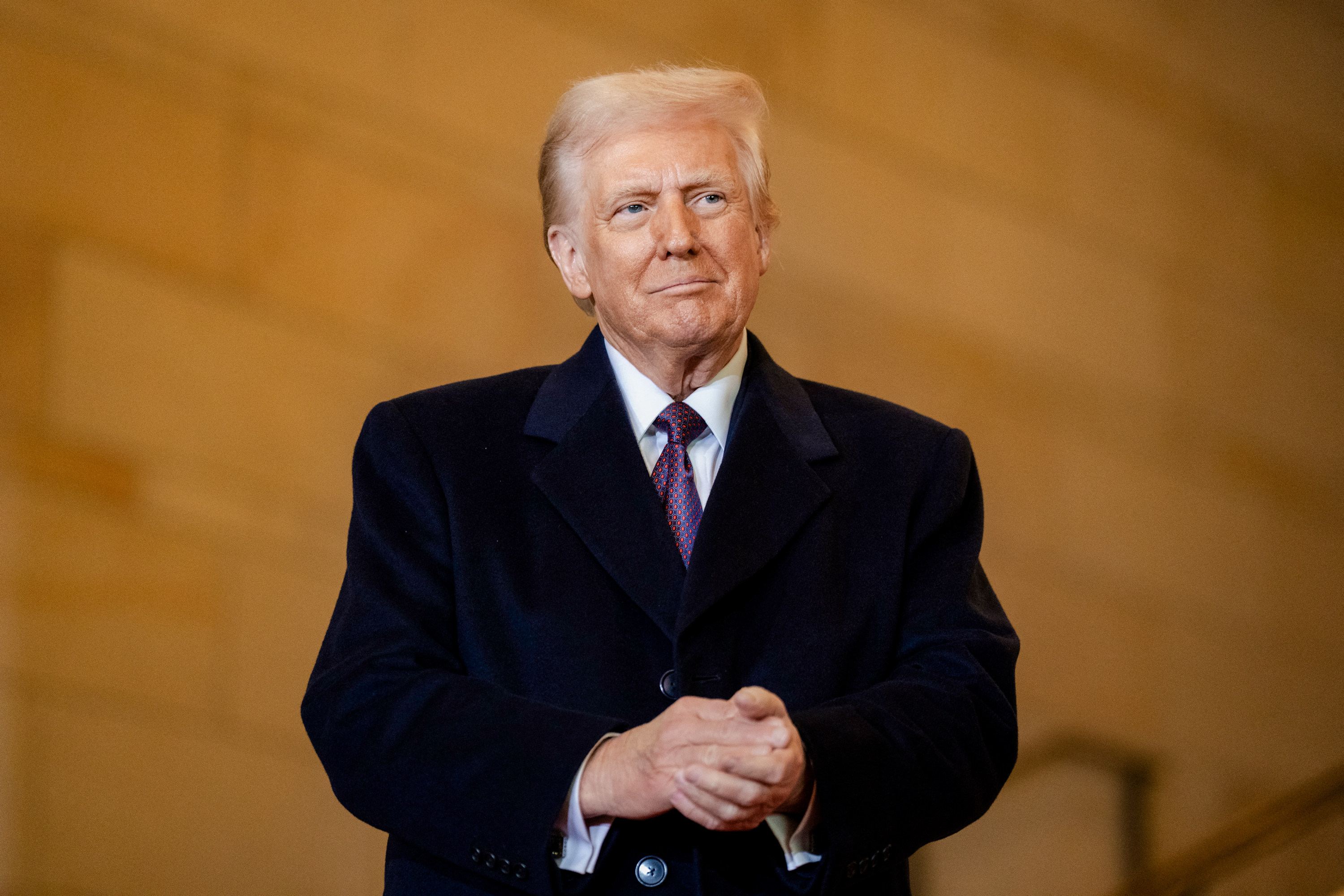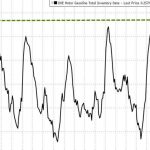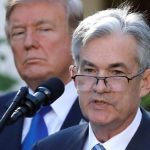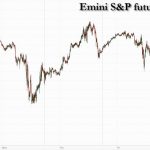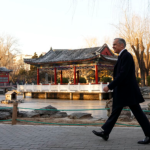“Samsung’s giant new Texas fab will be dedicated to making Tesla’s next-generation AI6 chip,“ Musk said. ”The strategic importance of this is hard to overstate.
“Samsung currently makes AI4. TSMC [Taiwan Semiconductor Manufacturing Company] will make AI5, which just finished design, initially in Taiwan and then Arizona.”
The AI4 chips currently power Tesla’s Full Self-Driving driver assistant system.
The name of the other party is being withheld because of business confidentiality, the notice states.
The information, together with key contract terms, will be revealed on the first business day following the withholding period, which is scheduled to end on Dec. 31, 2033, it reads.
“As the key details of the contract have not been disclosed to maintain business confidentiality, investors are advised to exercise caution, considering the possibility of changes to or termination of the contract,” the company said.
“Actual output is likely to be several times higher,” he said.
Construction activities at the site injected $8.6 billion into the local economy in 2024, supporting 8,868 direct construction jobs and 9,768 indirect ones, the company said.
While no timeline was provided for AI6 chip production, Musk has previously said that next-generation AI5 chips will be produced at the end of 2026, suggesting that AI6 chips would follow. Lee Dong-ju, analyst at SK Securities, said he expects production of the AI6 in 2027 or 2028.
In October 2024, Samsung postponed taking deliveries of ASML chipmaking equipment for its Texas factory, as it had not yet won any major customers for the project. It has already delayed the plant’s operational start to 2026.
Ryu Young-ho, senior analyst at NH Investment & Securities, said Samsung’s Taylor fab has so far “had virtually no customers,” so the deal is “quite meaningful,” although it may represent a small portion of its logic chip revenue annually.
The act aims to ensure that 20 percent of the world’s most advanced chips are manufactured in the United States by the end of the decade. While U.S. manufacturing makes up 12 percent of the total global semiconductor supply, the United States lags behind when it comes to the production of highly advanced chips.
Meanwhile, the Trump administration is looking at maximizing the benefits from the CHIPS and Science Act.
“Are we renegotiating?“ he said. ”Absolutely, for the benefit of the American taxpayer, for sure.”
Lutnick highlighted that Taiwan-based TSMC, which had previously received $6.6 billion in federal funding under the act to invest $65 billion in the United States, had revised the deal. In March, the company pledged to invest another $100 billion in the country without any additional funding from the administration.


